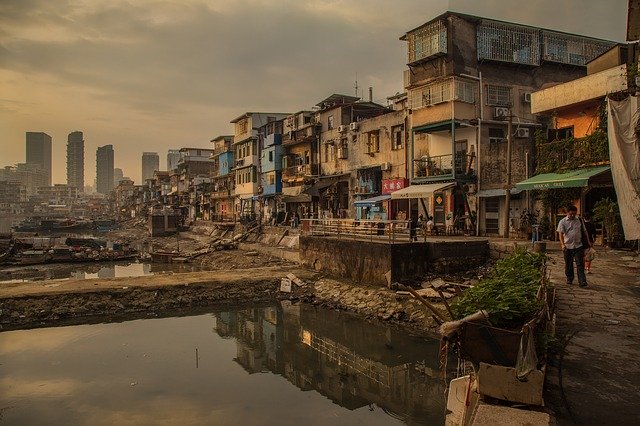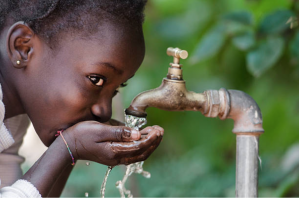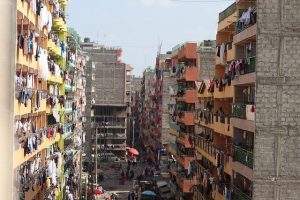Coronavirus: impact on the disadvantaged

Coronavirus and Its Impact on Disadvantaged Groups of Society
Coronavirus disease (COVID-19) is a new strain that was discovered in 2019 and has not been previously identified in humans. The coronavirus outbreak began in late 2019 in Wuhan, China and quickly spread to Europe, Middle East and North Africa. A lot of countries have launched quarantine measures, resulting in chaotic scenes in shops where people are stockpiling food and other products.
However, the poorer countries and vulnerable groups of society may be facing a much bigger challenge than expected.
Coronavirus quarantines could rob poor, rural students of access to education, risk food security among children
With schools shutdown in high-risk areas, this also puts low-income kids who rely on school-provided lunch and breakfast at risk. In the UK, the withdrawal of free school dinners could leave up to 3 million children at risk of hunger. And in US, 22 million kids rely on school for meals.
Also, although many schools are using online learning as an alternative of going to school during the shutdown, millions of students will struggle to keep up because they don’t have broadband to attend classes or do schoolwork at home, especially in poor urban areas and rural districts.

Prime Production – Healthcare
Why washing hands and keeping distance is difficult in some countries
Washing hands and keeping distance is one of the top advices by World Health Organization (WHO) in the face of coronavirus. However, about one billion people, which makes up 30% of the world’s urban population, live in slum-like conditions. These housing facilities tend to have very little ventilation, drainage and sewage facilities, with diseases spreading easily.
For example, in the Mukuru slum in Nairobi, most families live in a one-room house with no running water or electricity. It is almost not possible not to bang into each other when moving around. Without enough space, self-quarantine is almost impossible. Not only slums, cities also struggle with water, such as in South Asia. If there is a shortage of water even for daily routine tasks, it will be very difficult to get clean water to wash hands multiple times.

Coronavirus has not yet reached (or at least we don’t know if it has reached) epidemic proportions in developing countries. However, it would be another source of impoverishment and inequality and reinforce existing factors, in turn limiting the ability of vulnerable households to escape from – and stay out of – poverty.
At Prime Production, we support local and international charities’ campaigns to reduce poverty and inequality and support access to food, water, healthcare and education in emergencies.

Leave a Reply